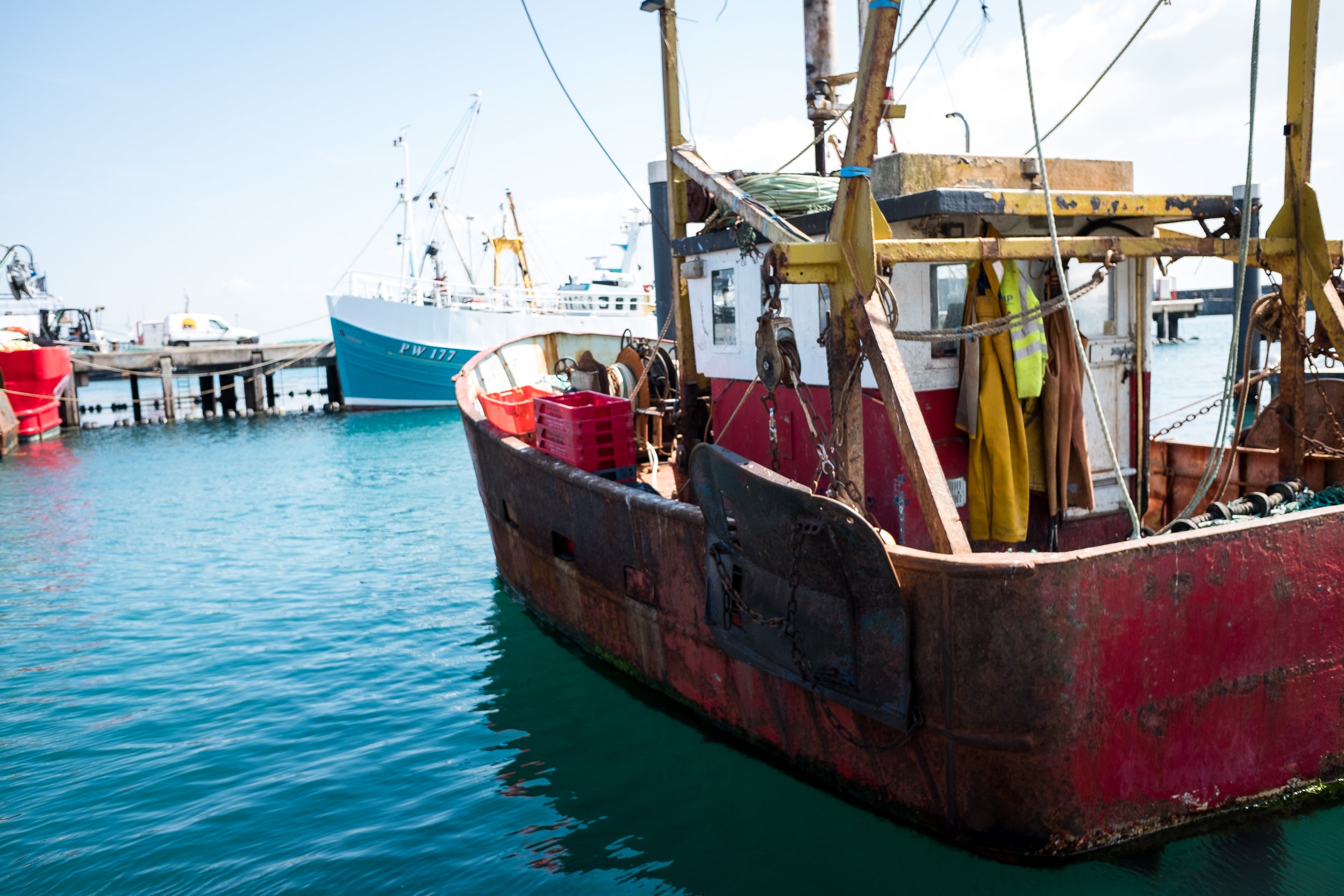From top down to bottom up: Transitioning to co-management of local fisheries
https://www.youtube.com/watch?v=j7uCxeXuO0o
“We’re all on the same page for the first time, and it’s amazing”, Wes Erikson, Commercial Fisherman
At the Hague Global Oceans Action Summit last month, Tom Grasso of the Environmental Defense Fund had the opportunity to facilitate a co-management workshop under the theme of ‘Models for Governance,’ featuring:
- Wes Erikson: fourth generation Commercial Fisherman, British Columbia
- Raul Garcia: Director of Fisheries, WWF Spain
- Momo Kochen: Science and Programme Director, Fishing and Living, Indonesia
- Cathy Demesa: Executive Director, Network of Sustainable Livelihoods Catalysts, (NSLC) Inc., the Philippines
- Dr Sunoto: Advisor to the Minister of Marine Affairs and Fisheries, Indonesia
Attendees discussed the best way to achieve a transition from top down, centralised fisheries management to bottom up, community-led approaches. All agreed that successful co-management takes time, due to a need to build sustained trust and willing co-operation across different sectors such as fishermen, government, NGOs and processors – but that the investment of time pays major dividends.
All of the field practitioners noted the similarities among triumphs and challenges they faced in implementing comanagement systems, even while it comes in many different forms. WWF’s Raul Garcia drew attention to Spain’s long history of co-management with the cofradias, and the continued attempts of NGOs in Spain to widen the number of fisheries in which the ethos of co-management is institutionally accepted.
All supported prioritising investment in creating the enabling conditions necessary to encourage the adoption and spread of co-management, such as investments that:
- Facilitate networking, information sharing and exchanges that introduce best practices and reduce learning times and technology transfer costs.
- Strengthen the voices of local communities and of leaders at all levels of governance, to ensure their active participation in making and enforcing rules and best practices.
- Secure access rights, enhance access to markets and, where necessary, compensate local communities.
There is no doubt that transitioning to co-management of local fisheries is no easy task. However, the speakers at this workshop demonstrated that when a co-management system takes hold, it has the potential to transform former long-time adversaries into collaborators with recognised shared goals.












One Comment
Great web site you have got here.. It’s difficult to find good quality writing like yours these days.
I truly appreciate individuals like you! Take care!!